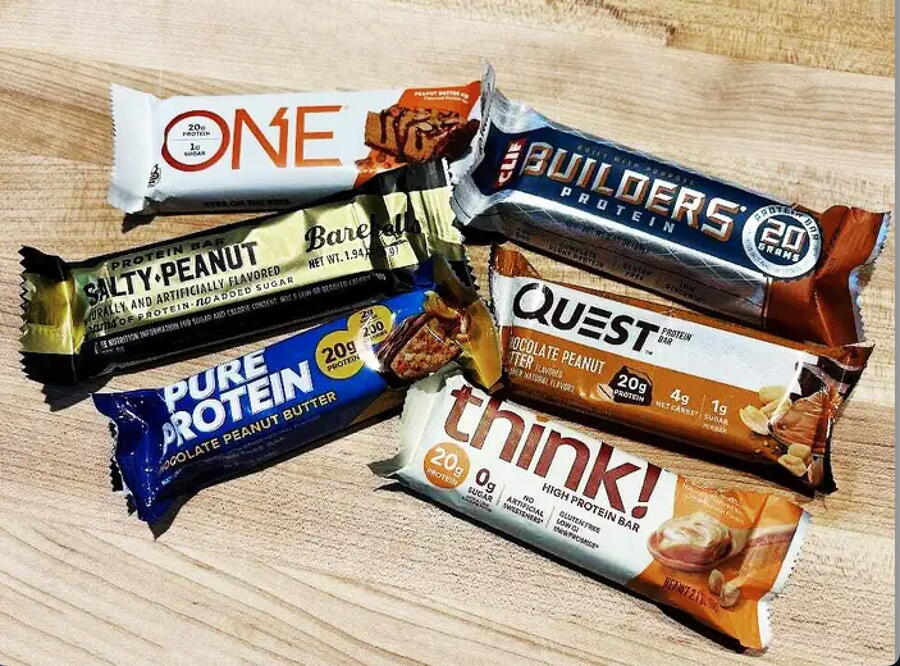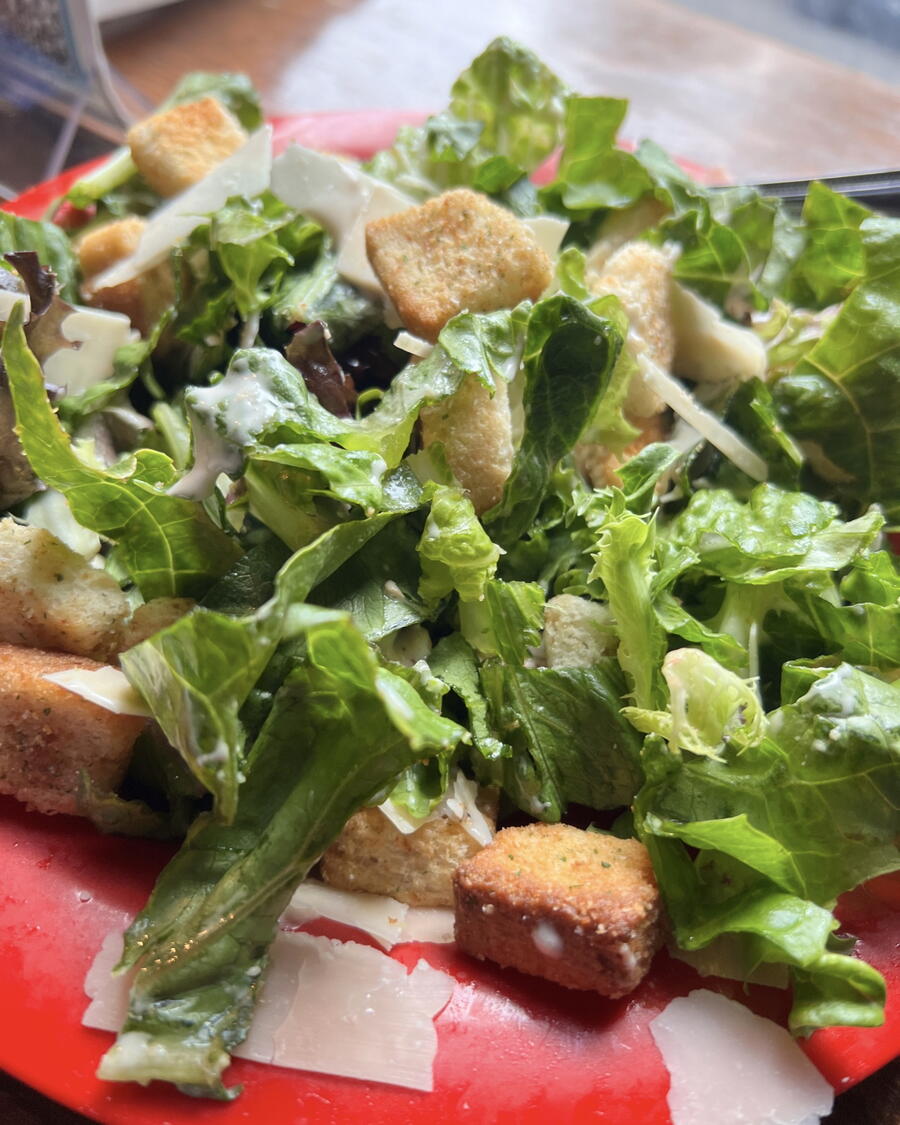Let’s be upfront—nobody likes airplane meals unless they are in business class. Even then, the food served isn’t always appetizing.
Most travelers on domestic flights don’t even get a meal unless it’s from one coast to another or to and from Hawaii. On Southwest, you will get some of their exclusive but bland snack mix and sometimes brownie bites, which look like mini hockey pucks and don’t taste much better. With other carriers like United, you’ll have to pay extra for food options that haven’t changed in decades.
You will have two meals with international trips, depending on their length. On my last flight with Lufthansa, the crew served us dinner and breakfast with unlimited beverages. Each was adequate but not anything incredible. They were just enough to satiate hunger.
But what I noticed was the portion size. I’m not sure why airlines do this, but there was more food on the plate than I would ever choose for myself. My dinner included a salad, roll and butter, chicken, rice, vegetables and dessert. I couldn’t finish all of this, and if I had, I probably would have felt worse afterward.
Since I wrote about ways to avoid jet lag last week, here are some quick tips for eating well on your next long flight and not feeling sluggish when you arrive.

Be selective with your food
When traveling, indulging and consuming more than your normal share of meals is easy. If you get the kind of meal I described above, you might get into that “Hey, I’m on vacation” mentality and finish the whole thing. But you benefit from starting with healthier options like salad and fruit before eating the rest. Better yet, bring some protein bars and have those instead of the high-calorie entrée.

Minimize liquor, caffeine and salt
Like I suggested last week, try to limit your beverage and coffee/tea consumption to fight jet lag. Some experts even recommend avoiding both for your flight, especially if it lasts eight hours. That’s because both drinks will easily dehydrate you, as will being on a plane. But if you feel that having a drink of either or both is something you can handle, limit it to one or two.

Choose nutritious options
Again, you’re traveling and/or on vacation, so you might want to treat yourself more than you would and eat something you usually wouldn’t. But you might be better served to opt for high-quality, nutritious foods, like vegetables and fruits and low-fat proteins like chicken, fish or plant-based proteins. Try to avoid any fattening or spicy sauces that might affect your digestion. Essentially, you want to eat as clean as possible.

Bring your own tonic
One helpful way to stay hydrated, especially when plain water is difficult to drink, is to add lemon or lime juice to your bottle. Supplementing it with peels will make the flavor stronger and more palatable. Another way to make hydrating easier is to bring flavored electrolyte tablets, which will also minimize thirst. Just be sure to find ones that are low or absent of sugar or artificial sweeteners.

Get something before your flight
If having an airline meal doesn’t sound appealing to you, get your preferred food before boarding the plane. You can control what you have and keep the highly processed foods to a minimum. Or, try to get something familiar at your home or departure airport. This way, you can also control the portions you consume and likely feel better when you’ve arrived
